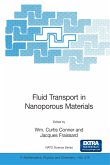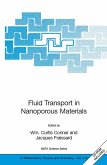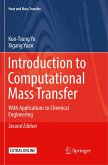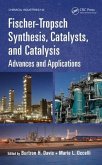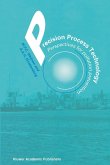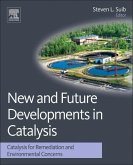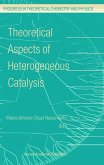The field of computational catalysis has existed in one form or another for at least 30 years. Its ultimate goal - the design of a novel catalyst entirely from the computer. While this goal has not been reached yet, the 21st Century has already seen key advances in capturing the myriad complex phenomena that are critical to catalyst behaviour under reaction conditions. This book presents an in depth review of select methods and approaches being adopted to push forward the boundaries of computational catalysis. Each method is supported with applied examples selected by the author, proving to be a more substantial resource than the existing literature. Both existing and possible future high-impact techniques are presented. An essential reference to anyone working in the field, the bookÆs editors share more than two decades of experience in computational catalysis and have brought together an impressive array of contributors. The book is written to ensure postgraduates and professionals will benefit from this one-stop resource on the cutting-edge of the field.
Hinweis: Dieser Artikel kann nur an eine deutsche Lieferadresse ausgeliefert werden.
Hinweis: Dieser Artikel kann nur an eine deutsche Lieferadresse ausgeliefert werden.


